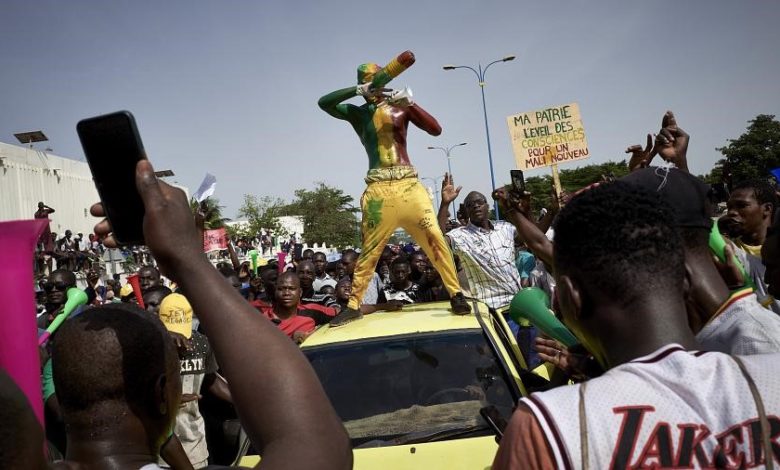Uncertainty Around Coup Forces Mali’s Credit Rating To Drop

The toppling of Malian president Ibrahim Boubacar Keita has not only affected the West African country’s diplomatic relations with others in the region, with members of the Economic Community of West African Countries (ECOWAS) shutting borders shared with it, it is also disturbing the country’s credit rating.
The American rating agency, Moody’s Investors Service, which in February 2019 rated the country at B3, has dropped Mali’s sovereign credit rating to “highly speculative” (Caa1), placing it at the same level with Iraq. This development implies it would be exceedingly difficult for the country to be granted international loans.
According to the agency’s explanatory note, the decision to lower Mali’s sovereign credit rating is due to the weakening of the opposing forces in the country and the uncertainty surrounding the nation’s credibility since the coup.
“The downgrade reflects Moody’s assessment that the ongoing military coup d’état opens a period of heightened political instability and economic and financial stress, exacerbated by sanctions at the regional level,” the group said.
“The negative outlook reflects Moody’s view that the current political situation remains fluid and could deteriorate further if the negotiations between the military junta and representatives of Mali’s civil society and neighbouring countries do not reach a rapid agreement about an inclusive transition allowing for a timely return to civilian rule.
“Additionally, the economic and financial sanctions imposed on Mali by the Economic Community of West African States (ECOWAS), if protracted, could severely impact the economy of the landlocked country and heighten the government’s liquidity risk, potentially resulting in missed debt payments.”
Since August 18, Mali has not had a legitimate government from the perspective of the international community, a situation which could increase the pressure on the military junta that overthrew former President Keita.
Notably, the ECOWAS leadership recently gave the military leaders in Bamako till September 15, 2020, to hand over power to a civilian transitional government which, in turn, should not be in power for more than one year.
Support Our Journalism
There are millions of ordinary people affected by conflict in Africa whose stories are missing in the mainstream media. HumAngle is determined to tell those challenging and under-reported stories, hoping that the people impacted by these conflicts will find the safety and security they deserve.
To ensure that we continue to provide public service coverage, we have a small favour to ask you. We want you to be part of our journalistic endeavour by contributing a token to us.
Your donation will further promote a robust, free, and independent media.
Donate HereStay Closer To The Stories That Matter




